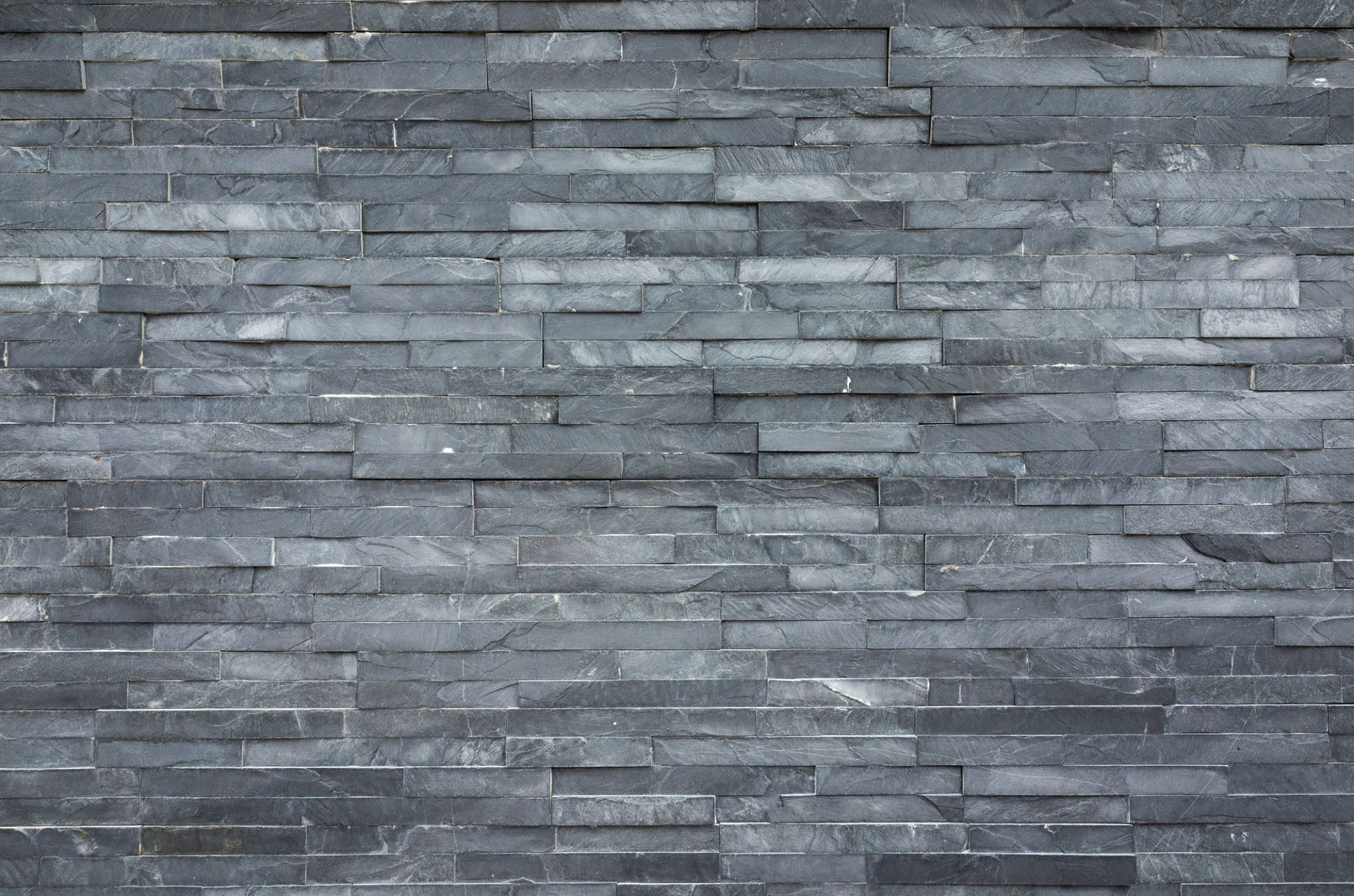Comparing Stone Cladding Materials: Which is Best for Your Home?
Understanding Stone Cladding
Stone cladding is a popular choice for homeowners looking to add a touch of elegance and durability to their homes. It involves applying a layer of stone to the exterior of a building for both aesthetic and functional purposes. With a variety of materials available, choosing the right type of stone cladding can be challenging. This guide will help you navigate through the options to find the best fit for your home.

Natural Stone Cladding
Natural stone cladding offers an authentic and timeless look that many homeowners desire. It's made from stone quarried from the earth, providing unique textures and colors. Common options include granite, limestone, and sandstone. While natural stone is durable and weather-resistant, it can be more expensive and heavier than other options. It's important to consider the structural support of your building if you choose natural stone.
Pros and Cons
The main advantages of natural stone cladding are its durability and aesthetic appeal. However, it requires professional installation due to its weight, and the cost can be prohibitive for some budgets. On the plus side, natural stone can significantly increase your home's resale value.
Engineered Stone Cladding
Engineered stone cladding is made from crushed stone bound together by an adhesive. It replicates the look of natural stone while being lighter and more cost-effective. This option provides a wide range of colors and finishes, allowing for greater design flexibility.

Benefits
Engineered stone is generally easier to install and maintain than natural stone. It's also less expensive, making it a popular choice for budget-conscious homeowners. However, it may not offer the same level of authenticity as natural stone, which is something to consider if you're aiming for a traditional look.
Brick Veneer Cladding
Brick veneer cladding provides a classic appearance similar to that of solid brick walls but with less weight and cost. It's made by applying a single layer of brick-like material over a frame or existing structure. This option offers excellent insulation properties and is available in various colors and textures.
Considerations
While brick veneer is relatively easy to install and maintain, it's essential to ensure proper sealing to prevent moisture penetration. It offers great durability and low maintenance compared to other cladding materials.

Choosing the Right Material for Your Home
When deciding on the best stone cladding material for your home, consider factors like budget, architectural style, climate, and maintenance requirements. Each material has its unique benefits and potential drawbacks that should align with your specific needs.
Additional Tips
- Consult with a professional to assess the structural requirements of your home.
- Consider long-term maintenance costs when evaluating different materials.
- Visit showrooms or look at samples in person to get a better sense of texture and color.
Ultimately, the right choice will enhance your home's curb appeal and value while providing lasting beauty and protection against the elements.
